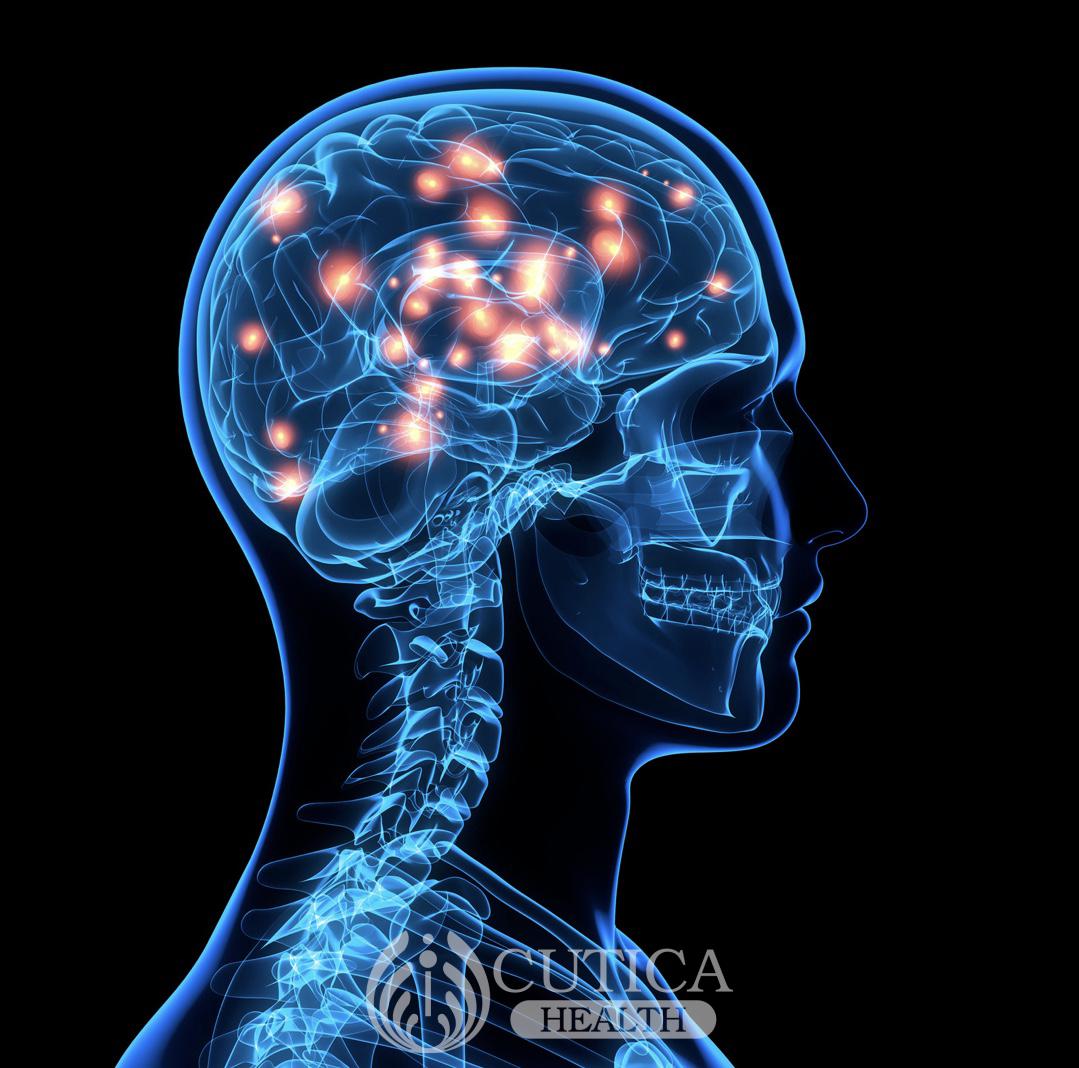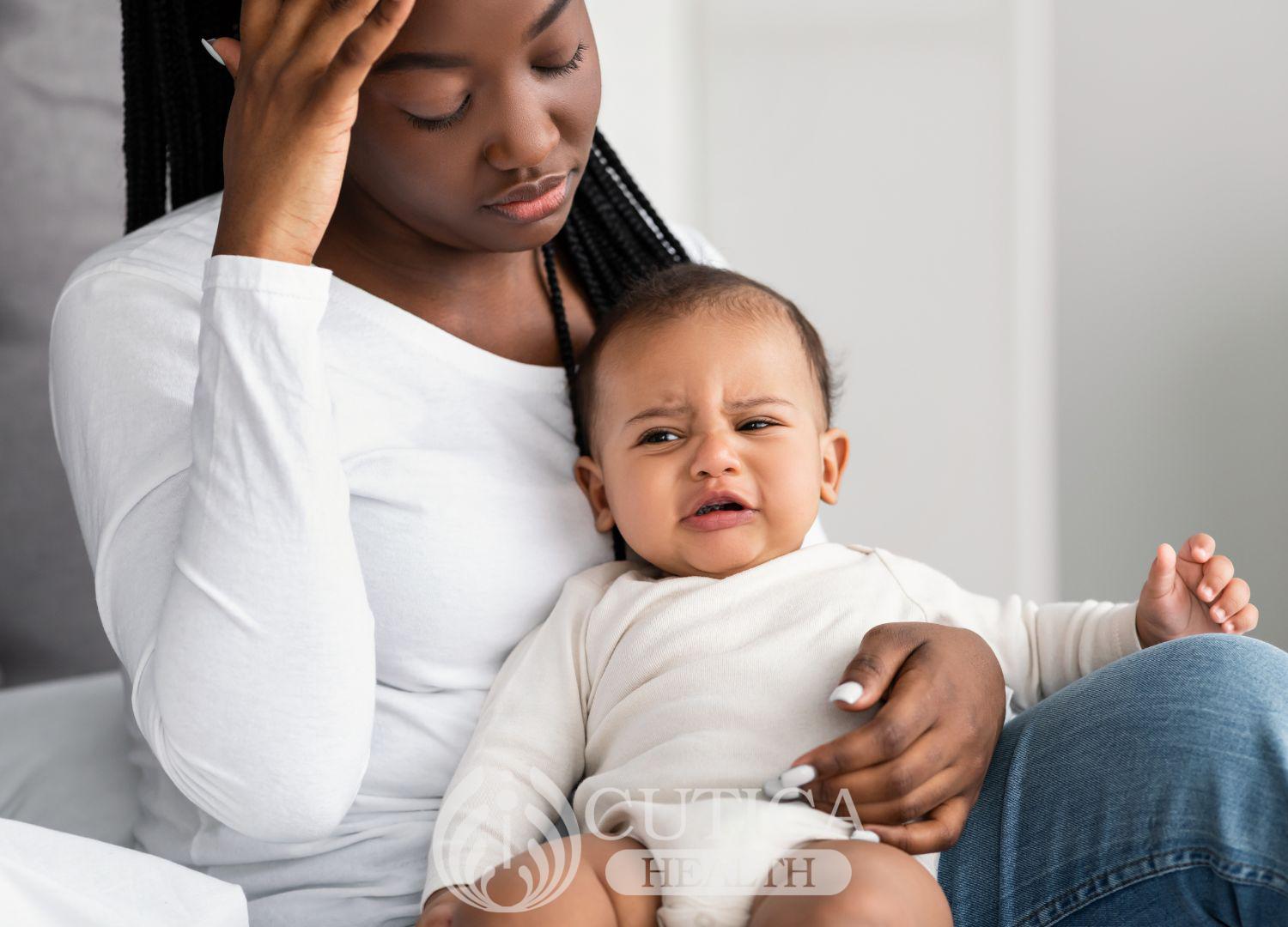
Cerebral palsy (CP) is a group of brain-related disorders that mainly affects a person's ability to use their muscles. Cerebral palsy is the most common brain disorder in childhood and it basically arises from damage to a normally developing brain or damage to a newborn’s brain during childhood.
What are the symptoms of cerebral palsy?
Cerebral palsy symptoms vary from person to person depending on the level of damage. Some children might walk without support and some others might need lifetime support. Some other children have more complicated problems, such as hearing difficulties, speech problems, vision problems and some might even have some intellectual disability. Yet other children with CP might suffer from a twisted spine, seizures and joint problems.

What are the early signs that a child could be suffering from cerebral palsy?
Some initial clear signs a child with CP experiences of CP include:
- Head lags when picked up
- Feels stiff when picked up
- Feels floppy when picked up
- Overextend back and neck, when held close

The later in early childhood, the child begins to experience the following:
- Cannot bring hands together
- Does not roll over in any direction
- Reaches out with one hand & clenches the fist of the other
- Struggles to bring hand to mouth
Much later in childhood, common signs include:
- Lopsided or one-sided crawling
- Scoots or hops but doesn't crawl on all fours
When to see a doctor
If you notice any of the signs outlined above, complain to your doctor or nurse in order to make sure that everything is ok.
What will your doctor do when you complain?
Doctors will do three things to place their finger on the problem. First, they'll monitor your child's development against known milestones for age; second, they'll screen the child for specific deficits/developmental deficiencies and third, they'll evaluate the child to make a specific diagnosis.
What are likely outcomes of the diagnostic process?
Arriving at a specific diagnosis requires several medical experts, including developmental pediatricians, pediatric neurologists and pediatric mental health experts.
Can we do anything to prevent cerebral palsy?
- Cerebral palsy is preventable and useful tips include:
- Early identification and treatment of severely jaundiced babies
- Meningitis vaccination
- Taking appropriate domestic measures to prevent drowning
- Avoid traffic trauma-related head injuries by use of buckled, age-appropriate
Can cerebral palsy be treated?
Yes, persons who suffer from cerebral palsy can enjoy lots of support with the combined expertise of pediatricians, surgeons, speech therapists, occupational therapists. Medications also have a place in the treatment of CP, but unfortunately, cerebral palsy cannot be cured.

Take-home message:
Cerebral palsy is a condition affecting the brain in which there is inability or problems with the use of muscles in the affected individual. CP usually affects children and could result from damage to a normally developing brain or damage to the brain during childbirth. It helps, therefore, to speak with your doctor if you notice any problems with walking or moving in your child.












